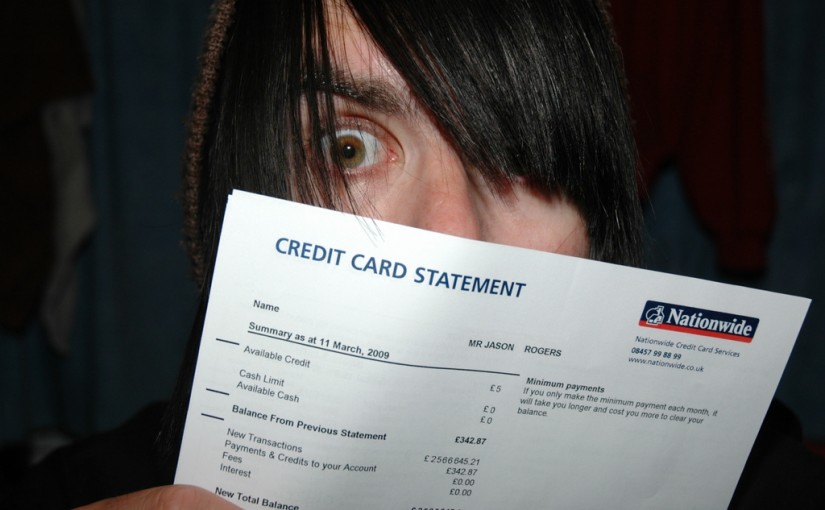- Protect Your Social Security Number:
Don’t carry your card in your wallet. If someone steals it or you lose it along with your driver’s license, that person will have all the tools they need to pretend to be you. - Avoid being scammed:
Scam artists “phish” for victims through calls, emails, and snail mail by pretending to be banks, stores, or government agencies. DO NOT give out your personal information or verify your account number or password to anyone who asks unless you called them first. DO NOT share your personal information in response to emails even if they look really official without first calling the institution or agency to make sure they sent you the email. - Shred:
Shred papers with personal information before you throw them away, including credit card offers and “convenience checks” that you don’t use. - Check:
Check your bills and bank statements as soon as they come to make sure there are not unauthorized charges. If you find charges you did not authorize, your identity may have been stolen. Report this immediately to the merchant and check your credit report.
If your statements and bills don’t arrive on time, someone may have changed your contact information to hide fraudulent charges. Contact your bank or merchant if bills are late and ask if they have sent them. If they have, your identity may have been compromised and you should contact the Alliance for Children’s Rights.

